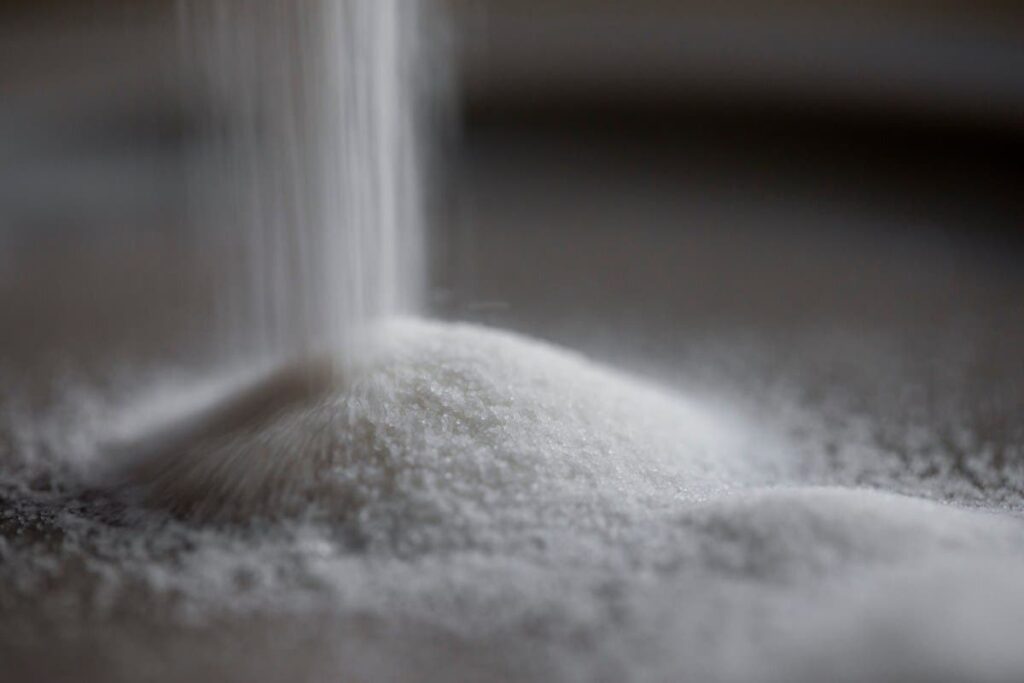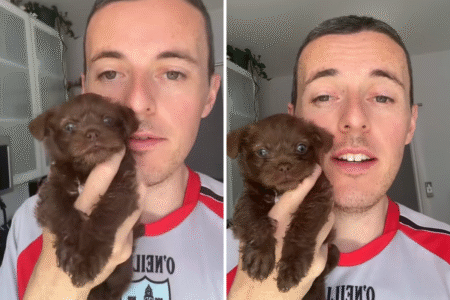A recall of sugar due to potential contamination has been issued the second-highest risk classification by the U.S. Food and Drug Administration (FDA).
Domino Foods Inc., based in Florida, announced a voluntary recall for select lots of its pure cane granulated sugar on August 12 due to possible contamination with foreign objects. The FDA later issued a Class II risk classification for the recall on September 24.
Newsweek contacted Domino Foods Inc. for comment via its online form outside of regular working hours.
Why It Matters
A Class II risk classification, one of three, refers to a situation in which the “use of or exposure to a violative product may cause temporary or medically reversible adverse health consequences or where the probability of serious adverse health consequences is remote,” according to the FDA.
Foreign material in food products presents health risks, including choking, damage to teeth and digestive tract injury. Small pieces of metal or plastic could obstruct airways, especially in vulnerable populations such as children and older adults.
What To Know
The product affected by the recall is the following:
- Pure Cane Granulated Sugar 50-pound bags—lot numbers: 75315A1, 75315B1, 75315C1, 75321A1, 75321B1, 75321C1 – UPC code: 015800030515
The recall affects 4,500 bags of sugar, which were distributed to California and Utah.
As of September 25, no illnesses had been reported by the FDA in connection with the consumption of the recalled product.
Domino Foods Inc. describes the product as follows: “This delightful sugar is perfect for baking, preserving and sweetening beverages. So go ahead and stir it, sprinkle it, or mix it with your favorite recipes. It is the perfect fine, free-flowing sugar for cookies, sauces, teas and more!”
What People Are Saying
Dr. Mark Fischer, the regional medical director at International SOS, previously told Newsweek: “It can be dangerous to consume metals or other foreign objects found in food…[They] can cause cuts or internal injury and may need to be removed via a surgical procedure. If you swallow any foreign objects, it’s best to consult a health care professional.”
Darin Detwiler, a professor of food policy at Northeastern University, previously told Newsweek: “While not as urgent as Class I recalls, Class II recalls should still be heeded, and the products should be returned or disposed of according to the instructions provided.”
What Happens Next
The recall is listed as ongoing, according to the FDA. Consumers who purchased the affected product should not consume it.
Read the full article here














